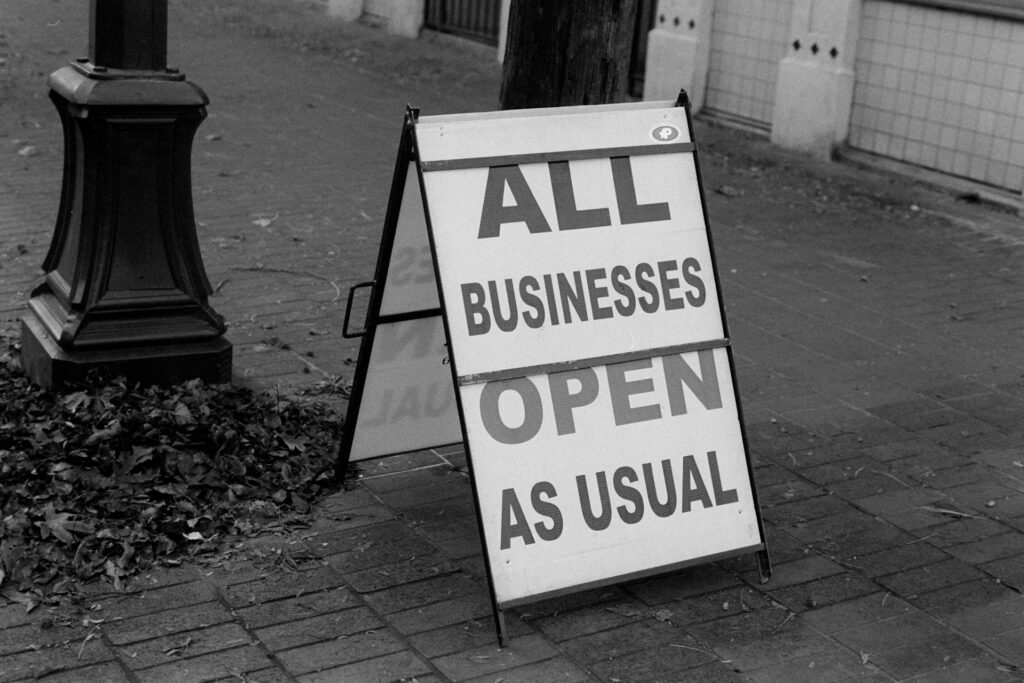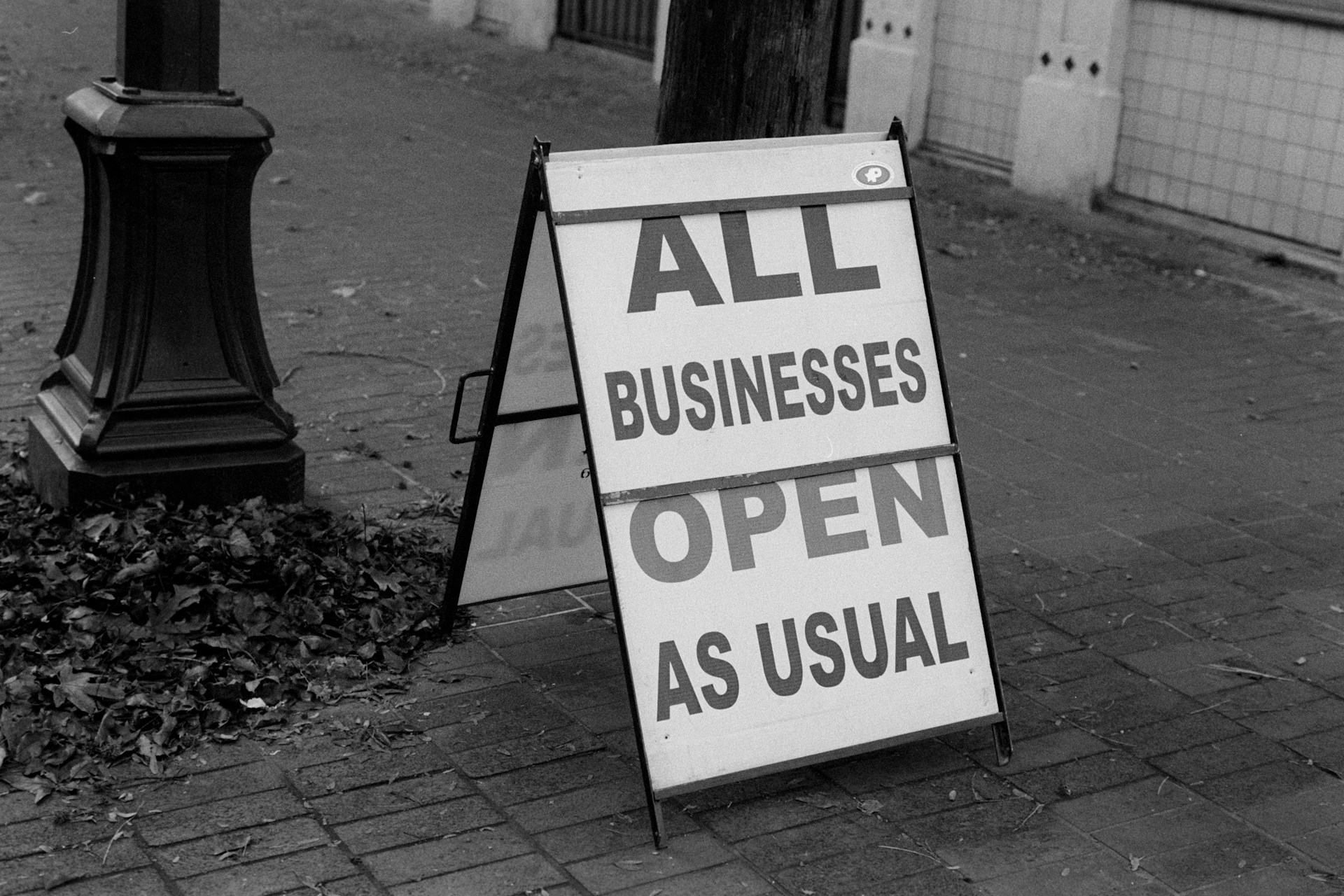Getting business funding is a common challenge for entrepreneurs, but for minority business owners, the barriers can be even more significant.
From systemic inequities and limited access to traditional financial networks to lower approval rates and reduced investor exposure, many minority-led startups and small businesses face an uphill battle when seeking capital.
The good news is that various targeted funding programs, grants, and alternative lending options now exist to support underrepresented founders. Understanding these pathways is the first step toward overcoming the funding gap and building a sustainable business.
In this article, we will explore the key resources available to minority entrepreneurs, and actionable steps you can take to improve funding success.

Why is There a Funding Gap for Minority Entrepreneurs?
Here’s why it’s difficult for minority entrepreneurs to secure funding:
Historical Discrimination and Systemic Inequities
The funding gap facing minority entrepreneurs is rooted in decades of systemic inequality. Historically, Black, Hispanic, Indigenous, and other minority business owners have had less access to banking services, credit facilities, and generational wealth.
Discriminatory lending practices and redlining limited their ability to obtain capital or even open businesses in certain areas. Though laws have evolved, the economic residue of these practices continues to affect credit profiles and access to collateral.
Lower Approval Rates and Smaller Loan Amounts
Even today, minority entrepreneurs are less likely to be approved for loans than their white counterparts, even when controlling for creditworthiness and business performance. When they do receive funding, the approved loan amounts are often lower and come with higher interest rates.
According to Federal Reserve data, only a small percentage of Black and Hispanic business owners who apply for financing receive the full amount they request. This discrepancy limits growth potential and the ability to scale.
Limited Access to Venture Capital
The venture capital (VC) ecosystem has also been slow to diversify. A small percentage of VC funding goes to startups led by Black or Latino founders. Many VC firms rely on networks and connections that minority entrepreneurs are less likely to be part of.
Without access to mentors, accelerators, or angel investors familiar with their communities or markets, these entrepreneurs may struggle to attract investment despite having viable business models.
Trust and Representation Issues
Many minority entrepreneurs also report a lack of trust in traditional financial institutions due to past experiences with bias or neglect.
The lack of representation within banking and investment firms can make it difficult for minority founders to feel understood or supported, further widening the gap between opportunity and access.
What are the Types of Business Funding Available?
Here are the different types of funding available:
Traditional Bank Loans
Bank loans are one of the most common sources of business funding. They are typically used for working capital, purchasing equipment, or expanding operations. However, they often require a strong credit history, a detailed business plan, and sometimes collateral.
For minority entrepreneurs, securing bank loans can be challenging due to lower credit scores or limited banking relationships.
Small Business Administration (SBA) Loans
The SBA offers loan programs specifically aimed at supporting small and minority-owned businesses. These loans are issued by partner lenders but are partially guaranteed by the SBA, making them more accessible. Programs like the SBA 7(a) and Community Advantage Loans offer favorable terms and lower down payments.
Grants and Government Programs
Unlike loans, grants do not need to be repaid. Federal, state, and local governments offer grants to minority-owned businesses to promote economic equity and growth. These include programs like the Minority Business Development Agency (MBDA) and various local initiatives that support underserved communities.
Microloans and Community Lenders
For startups and very small businesses, microloans offered by nonprofit organizations and community development financial institutions (CDFIs) can be a good option. These loans often come with mentoring and business support, and have more flexible requirements.
Venture Capital and Angel Investors
High-growth minority-owned startups may seek funding from venture capital firms or angel investors. These types of funding usually involve giving up equity in exchange for capital and mentorship.
While more competitive, dedicated funds and incubators are emerging to support diverse founders.
How to Improve Your Chances of Securing Funding?
Here’s how you can maximize your chances of getting funds for your business:
Build a Solid Business Plan
A clear, detailed business plan demonstrates to lenders and investors that you’ve thought through your strategy. It should outline your business model, target market, revenue projections, marketing strategy, and operational plan. A compelling business plan communicates your vision and reduces perceived risk for funders.
Strengthen Your Credit Profile
Both personal and business credit scores play a significant role in loan approval decisions. Make timely payments on existing debts, reduce credit utilization, and correct any errors on your credit reports.
Establishing a strong credit history by using business credit cards responsibly and maintaining trade lines with suppliers can also improve your financial credibility.
Seek Out Minority-Focused Resources
Look for programs and organizations that specifically support minority entrepreneurs. These include the Minority Business Development Agency (MBDA), local chambers of commerce, and nonprofit lenders that offer mentorship, funding, and application assistance. Some programs also offer training to improve financial literacy and business planning.
Network Strategically
Building relationships with investors, lenders, and business advisors can increase your access to funding opportunities. Attend local business events, pitch competitions, and networking forums to meet potential funders and partners. Strong professional connections often lead to better funding prospects and mentorship.
Leverage Alternative Funding Sources
If traditional loans aren’t accessible, consider alternative options such as crowdfunding, grants, or microloans. Demonstrating creativity in financing shows initiative and adaptability, traits that investors and lenders appreciate.
Prepare Your Financial Documents
Ensure your business financials are well-organized and up to date. This includes income statements, balance sheets, tax returns, and cash flow projections. Lenders want to see evidence of sound financial management and long-term viability.
Conclusion
Access to business funding can be a major hurdle for minority entrepreneurs, but it is not insurmountable. Understanding the root causes of the funding gap, exploring all available financing options, and actively strengthening your application strategy can significantly improve your chances of success.
Whether through traditional loans, grants, or community-based programs, the right funding can transform a promising idea into a thriving business. Make use of minority-focused resources, network strategically, and prepare thoroughly to stand out in a competitive space.
Get in touch, and take the next step today!
Frequently Asked Questions
What are some grant options specifically for minority-owned businesses?
There are several grant programs aimed at supporting minority entrepreneurs. Examples include the Minority Business Development Agency (MBDA) grants, the Comcast RISE program, and local government initiatives that target underrepresented communities.
Nonprofits and corporations also offer small business grants for minority-owned startups, often with a focus on innovation or community impact.
Do minority entrepreneurs need to register as a minority-owned business to qualify for funding?
Yes, in many cases, being certified as a minority-owned business can improve eligibility for certain grants, contracts, and loan programs. Certification can be obtained through organizations like the National Minority Supplier Development Council (NMSDC) or your local Small Business Administration (SBA) office.
This status can open doors to exclusive funding opportunities and supplier diversity programs.




